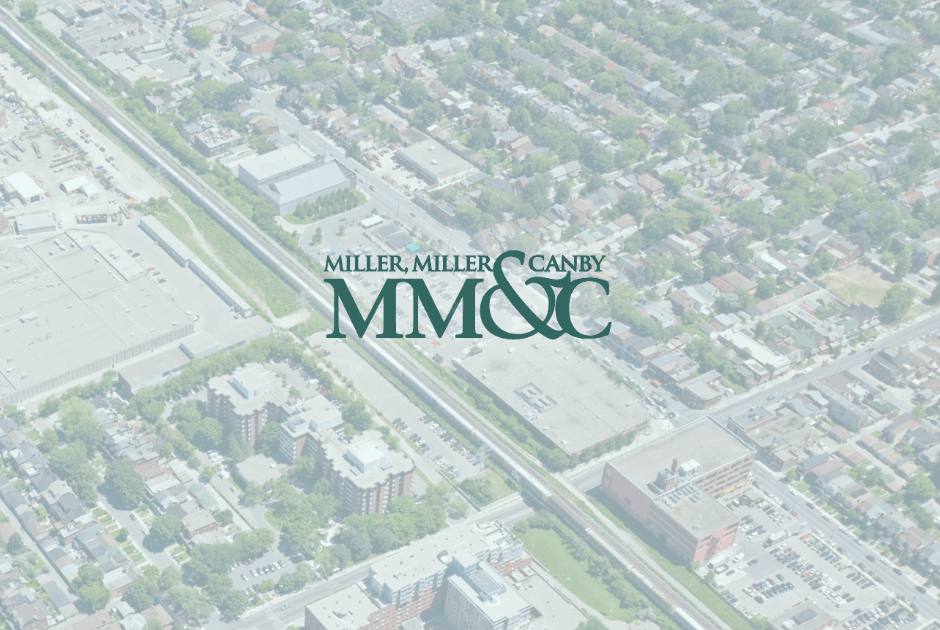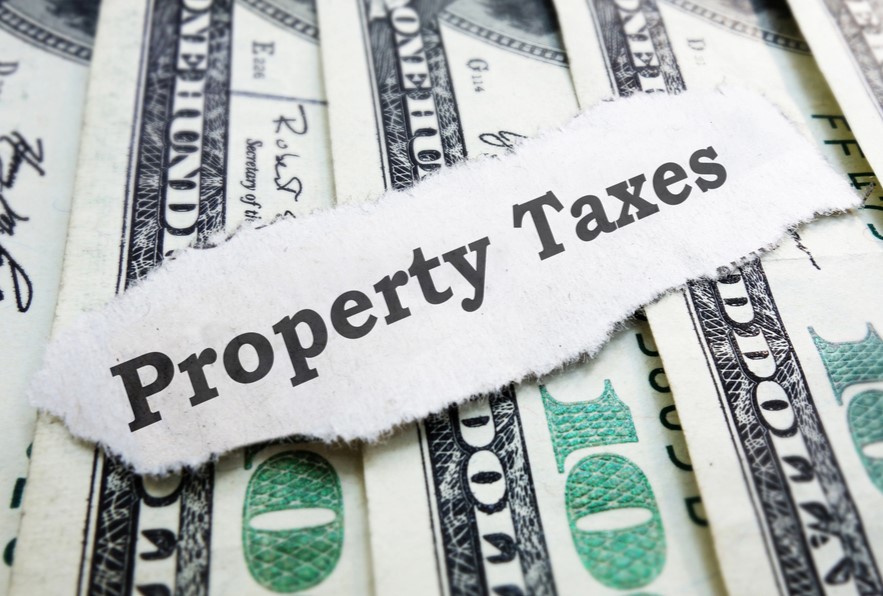
In a case of first impression, the Maryland Tax Court recently considered how to value property subject to a 99-year ground lease with a percentage rent arrangement. The unusual property tax case involved a lease that was entered into by a casino operator and shopping mall owner, in which the casino was responsible for the property taxes. Casinos are highly regulated entities in Maryland, with operators required to obtain approval from the Maryland Lottery and Gaming Control Commission and pay a large licensing fee.
Under the ground lease, the casino was required to pay fixed minimum annual rent plus a variable 1% of annual gross revenues (known as “percentage rent”) generated from gaming and retail sales. The issue before the court was whether the ground lease should be used as the measure to assess fair market value of the land for ad valorem tax purposes. The State argued that the lease must be relied upon under an income approach to value. The casino argued that the ground lease could not be relied upon at all due to its connection to casino revenues. Instead, the casino urged the court to utilize the sales comparable approach as the only reliable measure of land value.
In analyzing the issue, the Tax Court reviewed Maryland and Federal law related to valuing property subject to leases. The general rule is that an assessor must consider the effect of a lease on valuation, but it should not be the controlling document in assessing value. In this case, it was especially true because the ground lease was not a good indicator of property value for these reasons:
-
The percentage rent provision in the ground lease was speculative and the revenue unknown at the time of execution; and
-
Including percentage rent in an income approach risks valuing property based on business value instead of property value. Here, approximately two-thirds of the ground rent was derived from the casino business as percentage rent.
The Maryland Tax Court held that such business income was not indicative of property value, particularly since the property cannot be freely sold in its current use due to the special licensing arrangement with the State.
In rejecting the States reliance on an income approach using the ground lease, the Tax Court turned to the casino’s appraisal using a sales comparison approach. The appraisal report listed sales of other properties on which casinos were ultimately constructed – Horseshoe Casino in Baltimore City and the MGM National Harbor Casino on Prince George’s County. The court deemed that sales are the best indicator of land value for the subject property and reduced the land assessment by a whopping $71M for the 2011 tax cycle and $70M for the 2013 tax cycle, which resulted in a massive tax savings for the casino. The case is PPE Casino Resorts Maryland LLC vs. Supervisor of Assessments of Anne Arundel County, Case Nos. 14-RP-AA-0503 (1-2) and 14-RP-AA-1276.
Miller, Miller & Canby has been handling assessment appeals of various types of commercial properties in Maryland for more than 30 years. In 2016, we obtained over $20,000,000 in property assessment reductions for our clients. Our litigation attorneys regularly represent clients at the assessor level, before the Property Tax Assessment Appeals Board (PTAAB) and in the Maryland Tax Court. We have successfully appealed the assessments on office buildings, hotels, casinos, retail stores, industrial sites, warehouses, apartment buildings and land at various stages of development.
Michael Campbell is a partner in the litigation group at Miller, Miller & Canby. In addition to trial and appellate advocacy, his practice focuses on real estate litigation and property tax assessment appeals. Please feel free to contact Mr. Campbell at 301.762.5212 or send him an email for property tax guidance. For more information about the firm’s Maryland property tax appeals practice and representative cases, click here.








Share this Article: